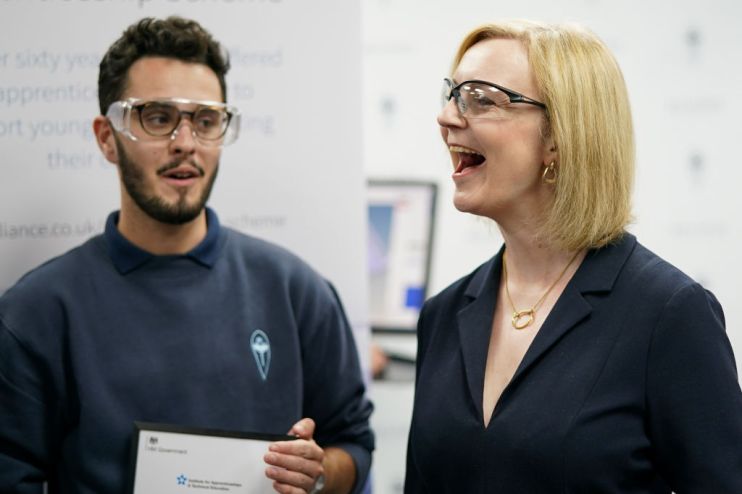Identifying politicians’ role in inflation surge is better than tweaking BoE mandate

Understanding how much of the blame politicians should carry for inflation surging far above the Bank of England’s two per cent target would be “a better strategy” than tweaking its mandate, a top City economist said today.
In a note, Paul Donovan, chief economist at investment bank UBS, said the UK’s inflation shock has been triggered by international factors “beyond the control of central bank policy”.
Russia’s invasion of Ukraine and a sudden uptick in demand after the end of Covid-19 restrictions around the world has driven energy prices to new highs, fuelling price rises in Britain.
Rate rises tend to affect domestic economic dynamics and operate with a lag.
Tory leadership front-runner Liz Truss has hinted at reviewing the Bank’s performance and tweaking its mandate to ensure it “is fit for purpose,” a campaign source told City A.M. last week.
Truss is reportedly mulling imposing a nominal GDP and money supply target on governor Andrew Bailey and co.
“Targeting money supply is a policy from a long time ago in an economic galaxy far, far away from anything resembling the modern British economy,” Donovan said.
“There is a more serious problem with nominal GDP targets; we have no idea in real time where nominal GDP actually is,” he added.
New figures published on Wednesday are expected to show inflation surged to a new 40-year high of 9.8 per cent in July.
The Bank, however, thinks it will peak at over 13 per cent in October, more than six times its target.
Bailey and the rest of the monetary policy committee have lifted interest rates six times in a row, including a historic 50 basis point rise at their last meeting.
Some 30 out of 50 economists polled by Reuters reckon the Bank will repeat that move at the next meeting on 15 September.